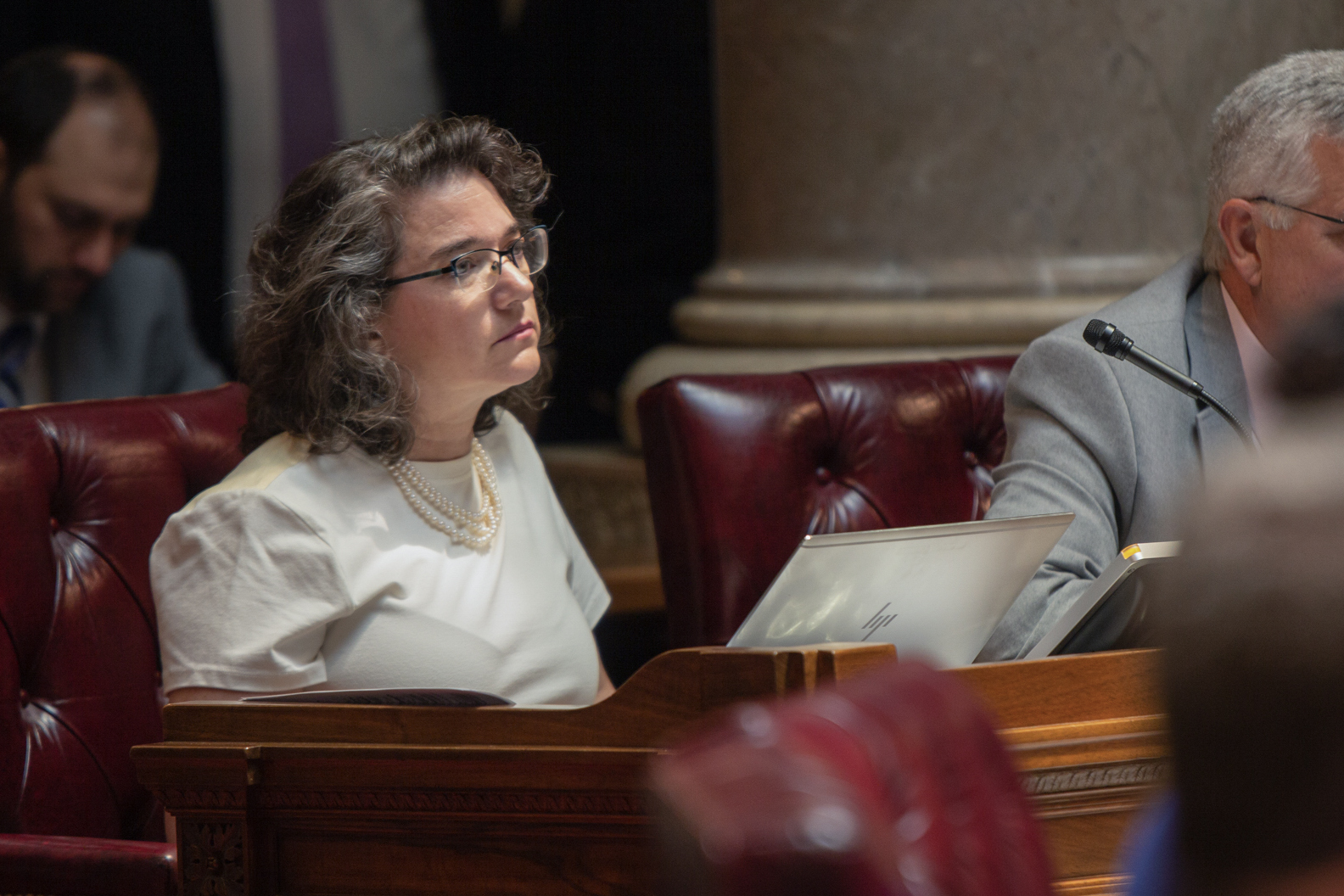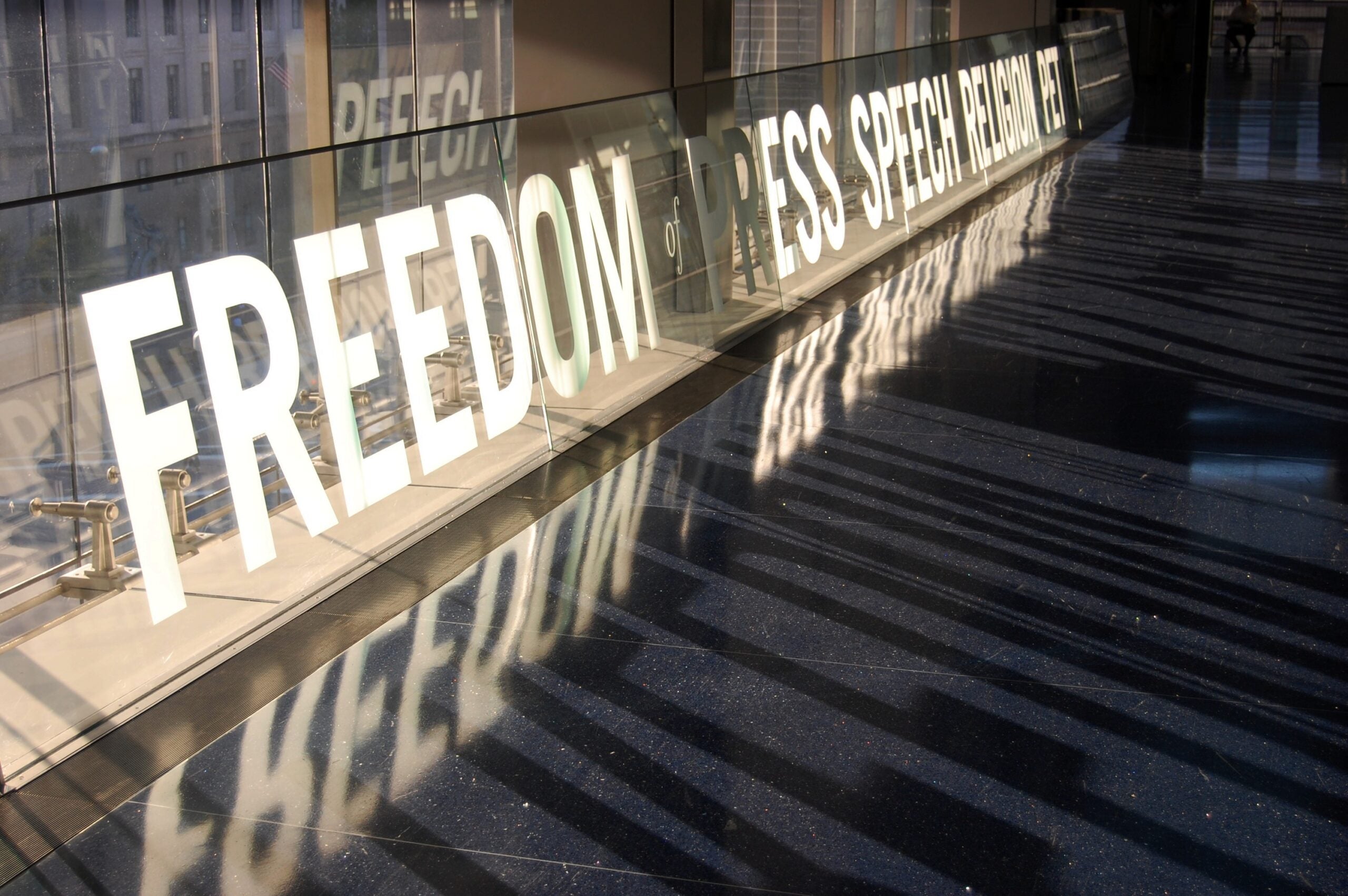Journalists are calling on state legislators to reject a bill that would let government officials charge fees for redacting confidential information from public documents before their release.
The proposed redaction fee comes after a state Supreme Court ruling in an open-records case brought by the Milwaukee Journal Sentinel against the Milwaukee Police Department. The ruling favored the newspaper, but suggested the legislature could amend state law to allow for charging a redaction fee for the time it takes to remove Social Security numbers and other private details before releasing public records.
But reporter Bill Lueders of the Wisconsin Freedom of Information Council says the fee violates the spirit of the state open records law. “The law says it is an integral part of public officials’ jobs to make records available,” says Lueders. “Doing what they are paid to do is not something for which they should be allowed to charge extra.”
Stay informed on the latest news
Sign up for WPR’s email newsletter.
Michael Juley of the Milwaukee Journal Sentinel says the law will stifle records requests that might embarrass government officials: “The real problem is that this bill will be used – and we think abused – to eliminate unwelcome records requests by rendering them unaffordable.”
But a former journalist who now works for the Wisconsin Counties Association disagrees. David Callender says that when he sought records as a reporter, cost was not an issue: “In all of the open records requests that I ever made during my career, there was never a time when the cost of actually obtaining those records was a factor in determining whether or not we would undertake the request.”
Now that he works for local governments who have to spend hours fulfilling records requests, he thinks it is fair that records requesters share the cost of redacting confidential information. The state assembly will likely take up the bill in the current session.
Wisconsin Public Radio, © Copyright 2024, Board of Regents of the University of Wisconsin System and Wisconsin Educational Communications Board.





